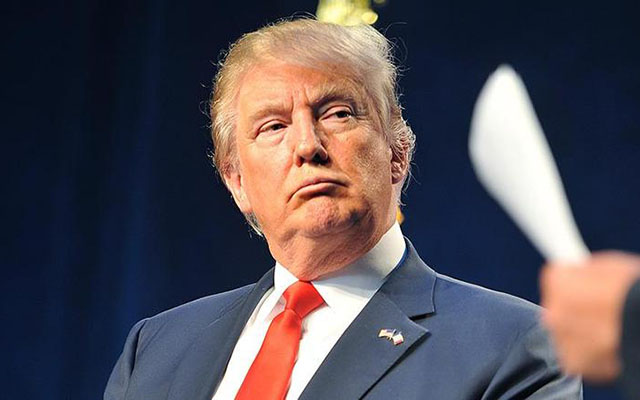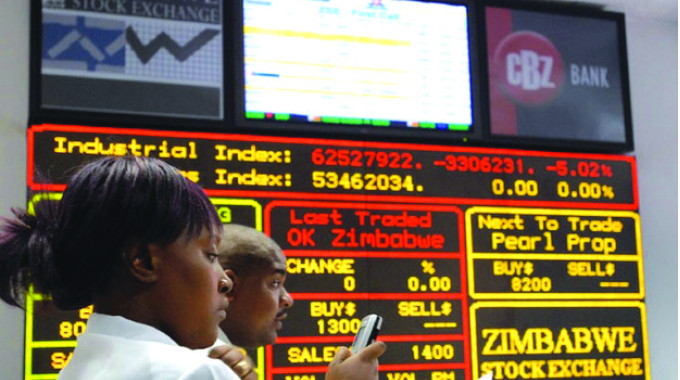Zim’s Doing Business ranking improves

Business Reporter
ZIMBABWE has improved its doing business standing after it gained two places to 159 out of 190 on the World Bank’s 2018 ease of doing business global rankings. The improvement came after Zimbabwe implemented positive reforms in four key indicators to make doing business easier for investors. The Southern African country was ranked 161 on the World Bank’s 2017 doing business rankings. The global funder’s 2018 doing business report was published on Tuesday and confirms the positive reforms Government is undertaking.
Zimbabwe gained 10,44 percentage points in starting a business, 1,09 points on getting electricity, 0,87 points in resolving insolvency and 0,54 points in registering property, which left its overall distance to frontier (DTF) score at 48,47 from 47,47. The distance to frontier measure shows the distance of each economy to the “frontier,” representing the best performance observed on each of the indicators across all economies in the doing business sample since 2005. An economy’s distance to frontier is reflected on a scale from 0 to 100, where 0 represents the lowest performance and 100 represents the highest.
The average distance to frontier score for sub-Sahara Africa stood at 50,43 in the 2018 doing business rankings. Zimbabwe has been working frantically to reform its doing business conditions to attract foreign investment. FDI totalled $421 million in 2015 from $545 million in 2014. To accelerate implementation of the Zimbabwe Agenda for Sustainable Socio-Economic Transformation, Government through the Office of the President and Cabinet embarked on the rapid results initiative approach to the ease of doing business in Zimbabwe.
The World Bank’s ease of doing business rankings measure a total of 11 indicators; the others being dealing with construction permits, getting credit, protecting minority investors, paying taxes, trading across borders and enforcing contracts. Ten of these areas were included in this year’s ranking on the ease of doing business. The Doing Business rankings also measure labour market regulation, not included in this year’s ranking. Reforming to Create Jobs, the World Bank report from which the data was extracted, found that entrepreneurs in 119 economies saw improvements in their local regulatory framework last year. Between June 2016 and June 2017, the report, measuring 190 economies worldwide, documented 264 business reforms.
Reforms reducing the complexity and cost of regulatory processes in the area of starting a business and getting credit were the most common in 2016/17. The World Bank said the next most common reforms were in the area of trading across borders. Brunei Darussalam, Thailand, Malawi, Kosovo, India, Uzbekistan, Zambia, Nigeria, Djibouti and El Salvador were the most improved economies in 2016/17 in areas tracked by Doing Business. The World Bank said that together, these 10 top improvers implemented 53 regulatory reforms making it easier to do business.








Comments